DevOps and Automation

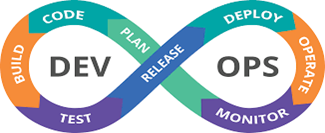
Continuing Education Center
DevOps and Automation

Course Overview:
DevOps is a solution in enterprise IT that combines software development and IT operations to provide fast, adaptable, and scalable services. It shortens the systems development life cycle and ensures continuous delivery with high software quality. DevOps pioneered the methodology of Continuous Integration/Continuous Development (CI/CD). This course provides learners with the necessary information, tools, and practices to gain DevOps leadership, covering advanced topics like Linux, Bash script, Python, Agile, Docker, and Kubernetes.
This course is divided into two levels.
- The first level grants two certificates:
- Linux Red Hat Administration (RHCSA) Admin-I (RH124)
- Red Hat OpenShift Administration I: Containers & Kubernetes 4.10 (D0180)
- The second level grants two certificates:
- Red Hat OpenShift Development I: Introduction to Containers with Podman (DO188)
- Red Hat Enterprise Linux Automation with Ansible (RH294)
Learning Outcomes:
- After completing this track, you will be able to:
- Understand the fundamentals of the Linux operating system.
- Automate the manual work using Python and bash scripts.
- Deploy and manage micro services Docker containers on Kubernetes solution.
- Work in Agile and DevOps Mindset.
- Build and develop End to End (CI/CD)) Continuous Integration Continuous Deployment Pipeline using Jenkins.
Prerequisites
- Network Fundamentals.
Level 1: Introduction to DevOps (108hrs)
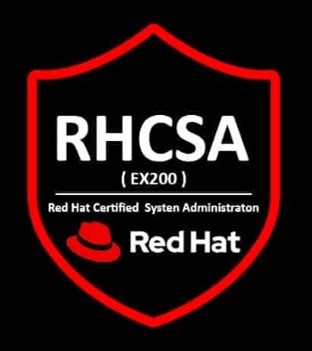
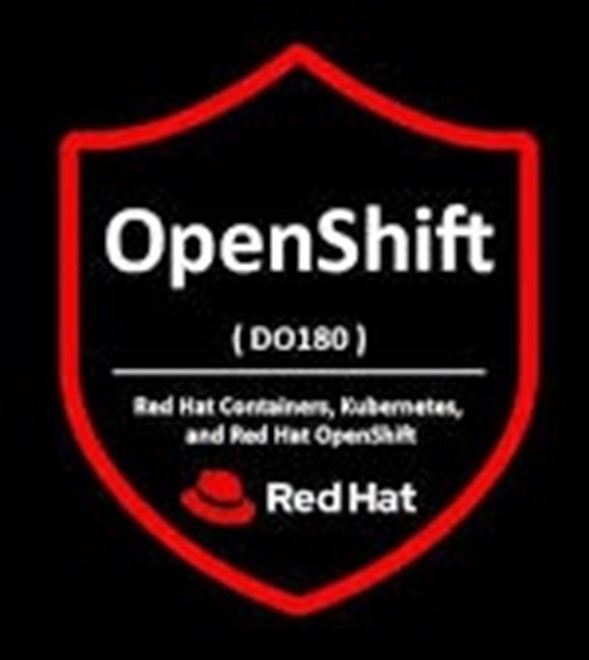
Target Certification:
- The participant who will pass the course exam will obtain a certificate from MIU.
- Linux Red Hat Administration (RHCSA) Admin-I (RH124).
- Red Hat OpenShift Administration I: Containers & Kubernetes 4.10 (D0180).
Who Should Attend
- IT professionals, system administrators, and developers aiming to streamline software delivery through continuous integration, deployment, and automation.
- Students and graduates in computer science or related fields who want to build careers in DevOps, cloud infrastructure, or automation engineering.
Estimated Time to Completion: 108 hours
| Housr/Day | No. of days / week | Total no. of days |
| 6 Hours/day | 4 days/week | 18 Days |
Contents:
- Linux Red Hat Administration (RHCSA) Admin-I (RH124) – (30hrs)
- Linux system architecture and boot process
- User and group management
- File system permissions and access control
- Managing network interfaces and services
- Package management with yum and dnf
- Shell scripting basics for automation
- Security fundamentals and hardening practices.
- Agile and DevOps fundamentals – (18hrs)
- DevOps Definition.
- Introduction to Agile.
- Agile Principles, and methodology.
- Agile Project Planning and Management.
- Agile Project Scheduling and Monitoring.
- Agile Risk Management.
- Agile Metrics.
- Introduction to Scrum.
- Functions of scrum.
- Components of scrum.
- Docker – 12 Hours
- Containers VS Virtual Machines.
- Docker Architecture.
- Building Dockerfile, tagging and creating image.
- Pushing/Pulling image to Docker repository.
- Docker Networking.
- Docker Installation.
- Docker Compose.
- Docker Swarm.
- Red Hat OpenShift Administration I: Containers & Kubernetes 4.10 (D0180) (48hrs)
- Introducing container technology.
- Creating containerized services.
- Managing containers.
- Managing container images.
- Creating custom container images.
- Deploying containerized applications on OpenShift.
- Deploying multi-container applications.
- Troubleshooting containerized applications.
will cover the following points:
Comprehensive review of introduction to container, Kubernetes, and Red Hat OpenShift.
Recommended Next Course:
- Level 2: DevOps and Automation
Fees : 6500 LE
Level 2: DevOps and Automation (90hrs)
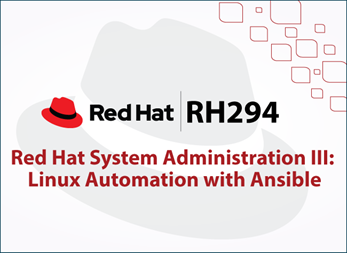
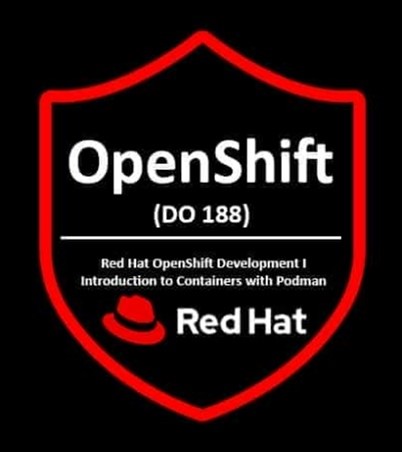
Target Certification:
- The participant who will pass the course exam will obtain a certificate from MIU.
- Red Hat OpenShift Development I: Introduction to Containers with Podman (DO188)
- Red Hat Enterprise Linux Automation with Ansible (RH294)
Who Should Attend
- IT professionals, system administrators, and developers aiming to streamline software delivery through continuous integration, deployment, and automation.
- Students and graduates in computer science or related fields who want to build careers in DevOps, cloud infrastructure, or automation engineering.
Estimated Time to Completion: 90 hours
| Housr/Day | No. of days / week | Total no. of days |
| 6 Hours/day | 4 days/week | 15 Days |
Contents:
- Red Hat OpenShift Development I (DO188): Introduction to Containers with Podman (21hrs)
- Introduction to containers.
- Run containers with Podman CLI and Podman Desktop.
- Build custom container images.
- Manage container images.
- Remote debugging with containers.
- Basic container networking.
- Persist data with containers.
- Run multi-container applications.
- Troubleshoot Container Deployments.
- Orchestrate containers with OpenShift and Kubernetes
- Ansible – 21 Hours
- Introduction to Ansible, Features and Architecture.
- Ansible Yaml, Inventory, and Groups.
- Ansible Ad hoc, Modules and Roles.
- Ansible Variables, Conditions, Loops, and Galaxy.
- Red Hat Enterprise Linux Automation with Ansible (RH294) (14hrs)
- Install Red Hat Ansible Automation Platform on control nodes.
- Create and update inventories of managed hosts and manage connections to them.
- Automate administration tasks with Ansible Playbooks and ad hoc commands.
- Write effective playbooks at scale.
- Protect sensitive data used by Ansible Automation Platform with Ansible Vault.
- Reuse code and simplify playbook development with Ansible Roles and Ansible Content Collections.
- CI/CD Pipeline – (21hrs)
- Introduction to CI/CD.
- Understanding Continuous Integration (CI).
- Understanding Continuous Delivery.
- CI/CD Tools.
- Version control & GIT.
- GIT commands.
- Practice project – (12hrs)
Recommended Next Course:
- Red Hat OpenShift Administration II (DO380)
- Red Hat Ansible Automation Platform (DO374)

 Top Menu
Top Menu